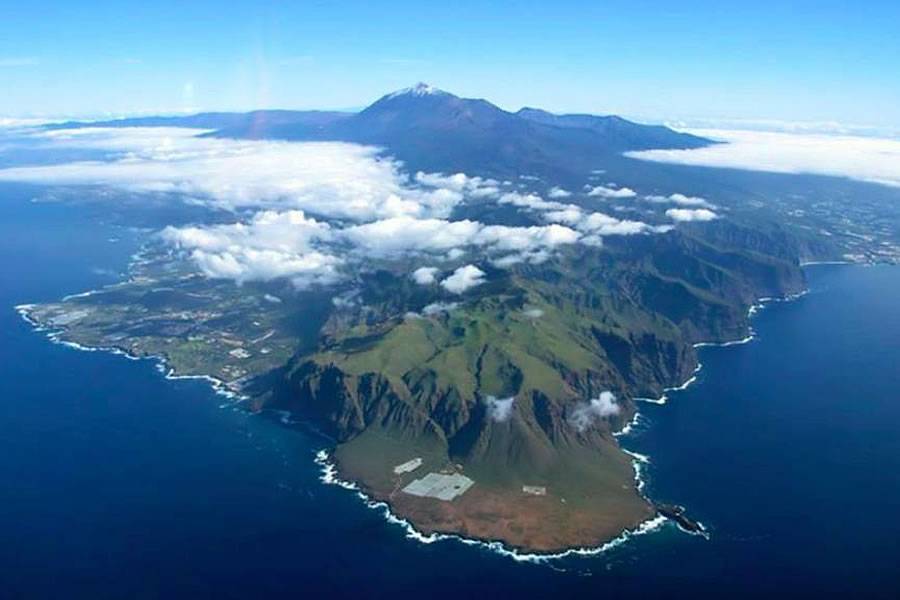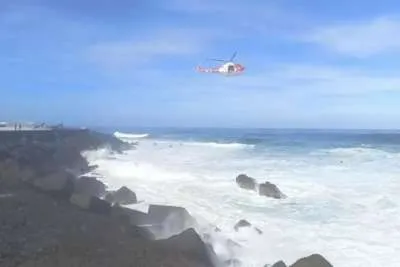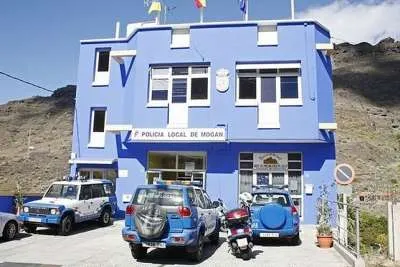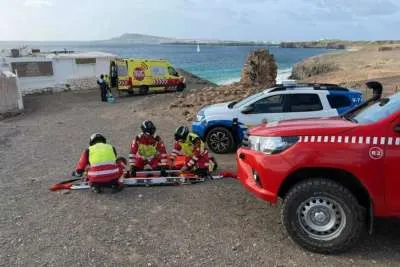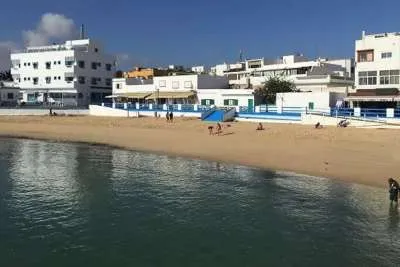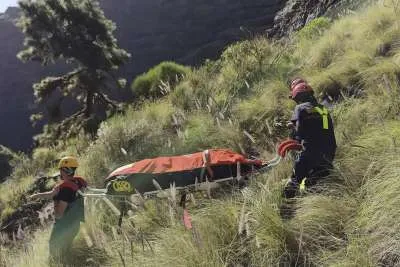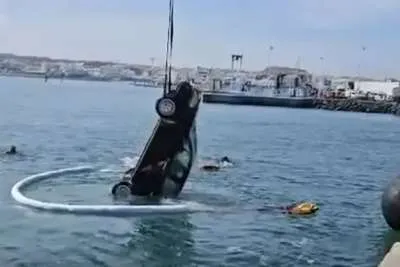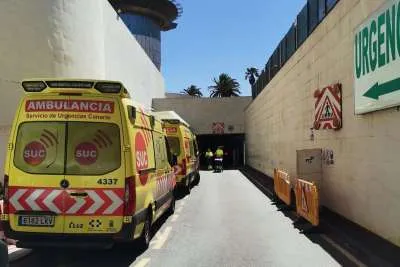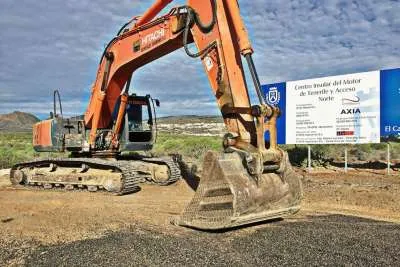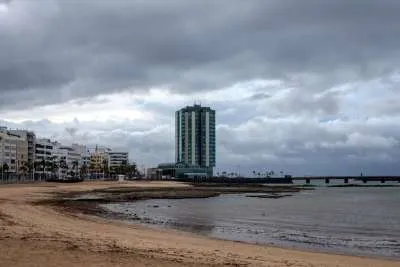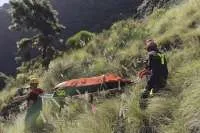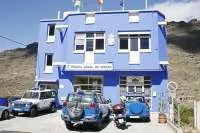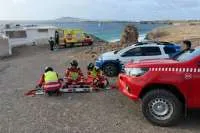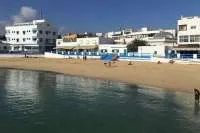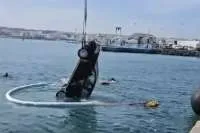Tenerife is the first Canary Island to publish a guide on climate change for its citizens
- 06-02-2024
- Business
- Canarian Weekly
- Photo Credit: Stock image
Tenerife, the largest of the Canary Islands, has become the first island to publish an informative guide on climate change for its citizens. The Natural Environment, Sustainability, Security, and Emergencies Department of the Cabildo, in collaboration with the Association for the Development of Comprehensive Climate Actions (ADACIS), has developed this guide aimed at anyone wondering, "What can I do to help combat climate change?"
Funded 85% by the European Regional Development Fund (FEDER) through the MAC-CLIMA Project Framework, the guide seeks to foster the progressive creation of institutional, scientific, and social networks among the countries in the cooperation space. The focus is on coordinated efforts in adapting to and mitigating climate change.
Tenerife is part of this Canary Islands initiative, alongside Gran Canaria (the project leader), Lanzarote, and El Hierro. Also involved are the TIDES and IOCAG Institutes at the University of Las Palmas de Gran Canaria, the Technological Institute of the Canary Islands (ITC), the State Meteorological Agency (AEMET), and the governments of Madeira, Mauritania, Senegal, and Cape Verde.
The Tenerife Cabildo are promoting this guide with the intention of providing relevant information to the residents of its 31 municipalities regarding the causes and effects of global warming worldwide, in the Canary Islands, and specifically on Tenerife. Additionally, the guide offers simple and effective recommendations for all Tenerife residents to contribute, to the best of their abilities, to the fight against climate change.
As revealed in a recent study from the University of La Laguna, titled "Perception of Climate Change in Island Spaces: The Case of Tenerife," a significant majority of the island's population (95.3%) is aware of climate change, surpassing national and European averages. The guide aims to address the concerns of citizens and provide actionable information.
The guide includes detailed scientific data on how the Canary Islands, particularly Tenerife, contribute to global climate change negatively. Despite representing a seemingly small percentage (approximately 0.03%) of global emissions, the islands' contribution of pollutants is significant given their small size. Tenerife and Gran Canaria are identified as the most polluting islands, mainly due to their population density and economic activities.
Although efforts are underway to transition from fossil fuels to renewables, the majority of energy consumed in the Canary Islands still comes from the burning of petroleum derivatives. In Tenerife, around 80% of electricity is fossil-based, making it the third island in renewable energy production (21%), following El Hierro (56.1%) and Gran Canaria (23%). The guide emphasizes the need for sustainable practices to reduce emissions.
The transportation sector is a major contributor to emissions in the Canary Islands. International travel, particularly tourism-related aviation, accounts for one-third of the region's emissions - more than the emissions from road, maritime, and domestic air transport combined. With over 15 million tourists visiting the Canary Islands in 2023, the demand for energy, water, and resources is substantial, leading to increased greenhouse gas emissions, waste, and pollution.
According to studies referenced in the guide, the current consumption of the Canary Islands would require 27 times its territory to sustain. The impact of Canarian activity is deemed disproportionate, exceeding its capacity to generate and maintain resources. Tenerife is also among the three territories of Spain that could most suffer from a rise in sea level.
The guide emphasises the importance of local actions in addressing global repercussions. It calls for widespread knowledge, participation, and social consensus to tackle the challenges of climate change and advocates for the creation of a qualified and engaged society.
The recommendations in the guide cover various aspects, from energy conservation and efficient usage to reducing carbon footprints associated with digital pollution. It also provides detailed information for users interested in adopting self-sufficiency and renewable energy practices. Advice on water and waste management, as well as responsible consumption habits, is included. The guide suggests good habits for land, maritime, and air transportation, offering tips for minimising the environmental impact, such as careful travel planning and replacing air travel with virtual meetings whenever possible.
The document stresses that everyone has the right and duty to understand the current situation regarding climate change, and it is essential to facilitate access to accurate and rigorous information for informed decision-making and collective action.
Other articles that may interest you...
Trending
Most Read Articles
Featured Videos
TributoFest: Michael Buble promo 14.02.2026
- 30-01-2026
TEAs 2025 Highlights
- 17-11-2025


